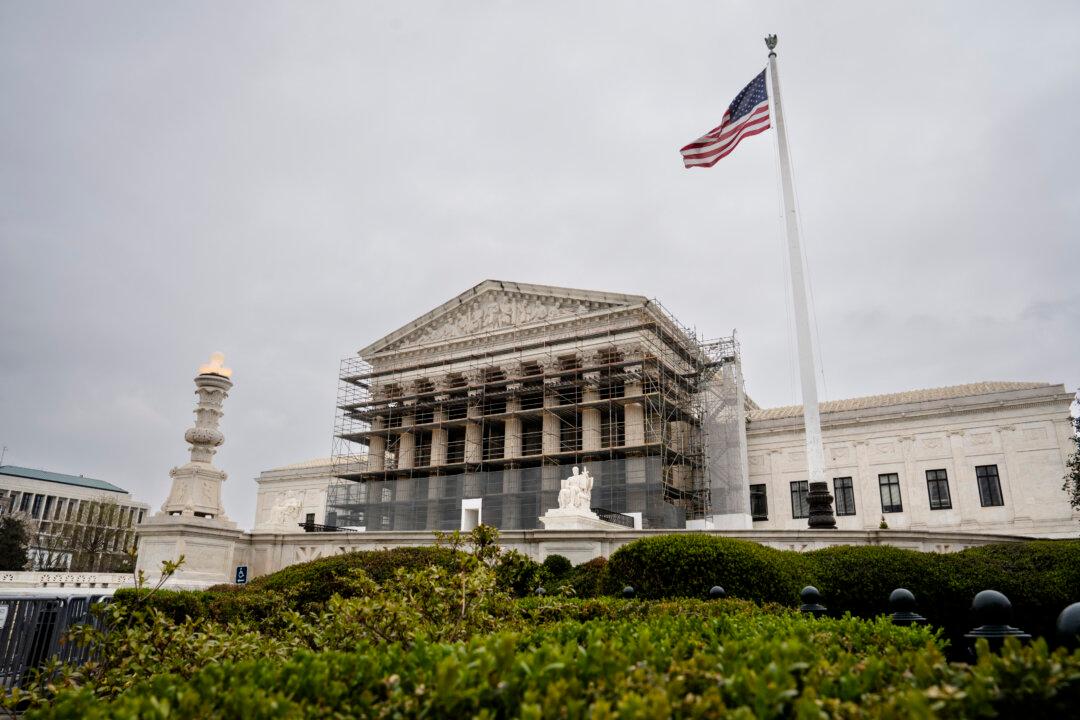The United States Supreme Court is deciding whether to take up the widely reported free expression case of middle schooler Liam Morrison of Massachusetts.
The high court was petitioned in October 2024 by appellant Morrison for a writ of certiorari, a formal request to review a decision of a lower court.





